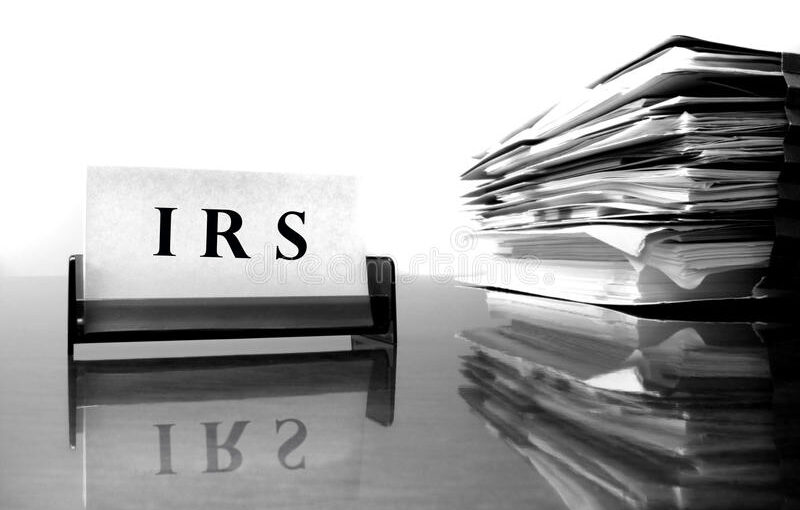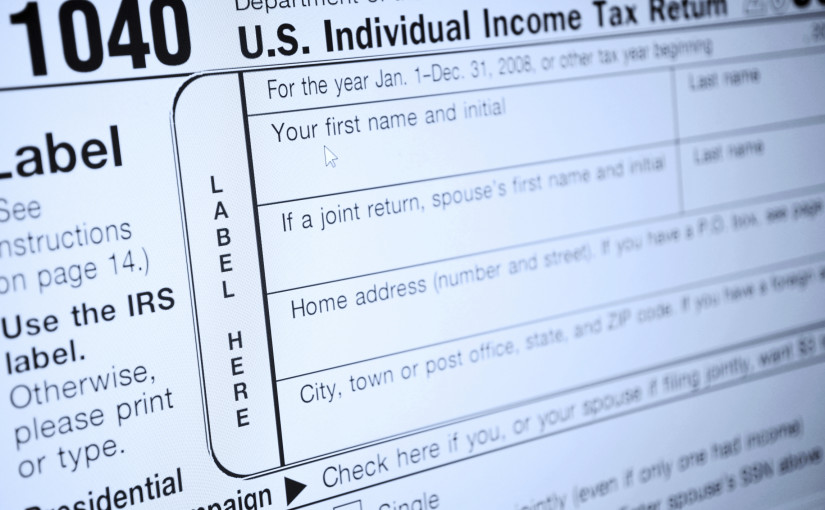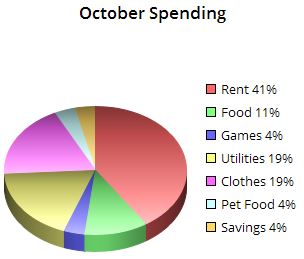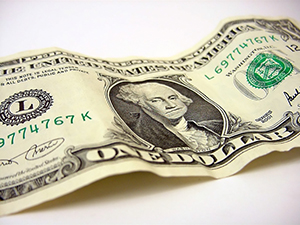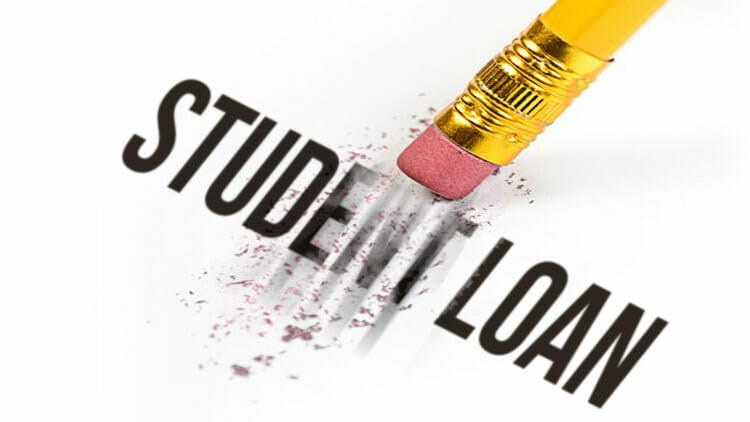Tax season is fast approaching and tax payers are finding that the IRS customer service is lacking. Michael Hiltzik for the Los Angeles Times suggests that the blame may not be on the organization itself but on the federal government who has repeatedly cut funding for the agency. In the last thirty years the tax payer base has grown from 254 million people, collecting $1.1 trillion in revenue to 330 million people now dealing with over $3.5 trillion. During this time, the staff at the IRS has been cut by almost 30,000 and over the last decade, “the agency’s budget has declined by 20% in inflation-adjusted terms.” According to statistics published by the IRS National Taxpayer Advocate, last year only 11% of calls to the agency were answered. What does this mean for the IRS and the general taxpayer? Read more here: Don’t blame the IRS for its lousy service. Blame Congress
Handling Tax Season Stress
Start Early
Break It Up
Know Your Options
Think Ahead
Sounds simple, right? A large percentage of tax payers wait until the last minute which leads to increased stress and lack of time to adequately review tax documents. If you need help, you should always ask a professional. We are here for you at Newby CPA. Call us today! 512 484 8016
Checkout more tips for a smooth tax season here:
Tips to Tackle Tax Season Costs and Stress
Advanced Child Tax Credit
Did you qualify for the Advanced Child Tax Credit? If so, did you accept the payments or opt-out? When it’s time to file your taxes, what is the best way to record or claim the Advanced/Child Tax Credit? This short video offers basic instructions on filing your forms and better understanding the Advanced/Child Tax Credit.
Tax Payer Relief
Following our last blog about the budget cuts at the IRS and what that means for tax payers this season, we offer this article from The Tax Advisor: Taxpayers need relief now, AICPA and other organizations say. The consortium known as the AICPA comprised of many different accounting bodies has made the following recommendations.
The group recommends that the IRS:
- Discontinue automated compliance actions until the IRS is prepared to devote the necessary resources for a proper and timely resolution of the matter;
- Align requests for account holds with the time it takes the IRS to process any penalty abatement requests;
- Offer a reasonable-cause penalty waiver, similar to the procedures of a first-time abatement (FTA) administrative waiver, without affecting the taxpayer’s eligibility for FTA in future tax years; and
- Provide taxpayers with targeted relief from both the underpayment-of-estimated-tax penalty and the late-payment penalty for the 2020 and 2021 tax years.
Read more from the AICPA here: Taxpayers need relief now, AICPA and other organizations say
Tax Season Delays
The IRS is understaffed and refunds may be delayed. Currently, the IRS has a workforce similar to that of the 1970s, 15,000 employees handle around 240 million calls during tax season, about 16,000 calls per employee. 90% of people file electronically helps the process and many in the remaining percentage would prefer filing online but cannot for various reasons including forms the agency does not yet process electronically. Reduced budgets and a decline in tax payer enforcement in recent years have led to concerns about a growing “tax gap.” Read more here: Treasury warns of ‘enormous challenges’ this tax filing season that could delay refunds
Time For a Budget?
Need help tracking your expenses and actual spending? Want to see your money grow? Try one of these budgeting Apps recommended by Wirecutter for the New York Times. Through rigorous testing they have narrowed it down to two Apps, Simplifi by Quicken and YNAB. The first synchs well with banks, is easy to set-up, and offers an overview of spending. YNAB (You Need a Budget) is more difficult to navigate but records dollar for dollar and may be better for those who want to account for every cent. Both involve a small annual fee. Want to learn more? Read the full article here: The Best Budgeting Apps.
Some Debt Has a Statute of Limitations
Did you know that most consumer debt has a statute of limitations? The amount of time varies state to state but as mentioned in the article, in California, it is four years. After that time has passed, a creditor cannot sue for that debt to be paid. Beware of companies making offers to help you with older debts because they may be seeking to “revive” the debt which is a legal practice and gives them another set time limit to collect or take legal action. As the author states, “Pay your bills,” but if you cannot and have older debts, be aware of your rights and that debt collections agencies may use unscrupulous tactics while trying to collect on outdated accounts.
Column: Not all debt is collectable. Be mindful of the statute of limitations
Child Tax Credit Details
Have you been getting Child Tax Credit checks from the IRS? As exciting as “free” money may be, it’s important to understand that this is only an advance and will be claimed later on your 2022 taxes. Did you know that you can opt out of these payments? It’s a simple process on the IRS website. If you are a married couple, each person will have to complete their own opt out form.
https://www.irs.gov/credits-deductions/advance-child-tax-credit-payments-in-2021
Public Service Loan Forgiveness Overhaul
The U.S. Department of Education announced on Friday that it would use its authority to relax the regulations originally imposed on public servants who were hoping to have their education debts expunged through the Public Service Loan Forgiveness program. This means that the department will be using its power to suspend former requirements for individuals to receive debt forgiveness. “Now, the department says, it will use its authority to give borrowers a time-limited waiver — essentially relaxing several of these rules retroactively, so that previously disqualified loan payments can now be counted toward forgiveness.” Want to know if you qualify? Read more here.
What borrowers need to know about the Public Service Loan Forgiveness overhaul
The Products Are There, They Need a Ride
With the on-set of the Delta variant many industries have felt the pressure. Inability to get needed supplies that are integral to their businesses has slowed delivery times and created a backlog in many areas. As we approach the holiday season, the current forecast is bleak. Many of the toys, games, sneakers, and even clothing brand products coveted by children and teens are stuck in China. Dolls, dresses, jeans, and video games all sit in warehouses awaiting shipment to the U.S. Larger retailers have even begun chartering their own vessels or aircraft to speed up the process. Analysts point out that this surge is pushing the supply chain to new levels and is likely to cause a larger cascade in logistics services over the next few months.
How the delta variant stole Christmas: Empty shelves, long waits — and yes, higher prices
